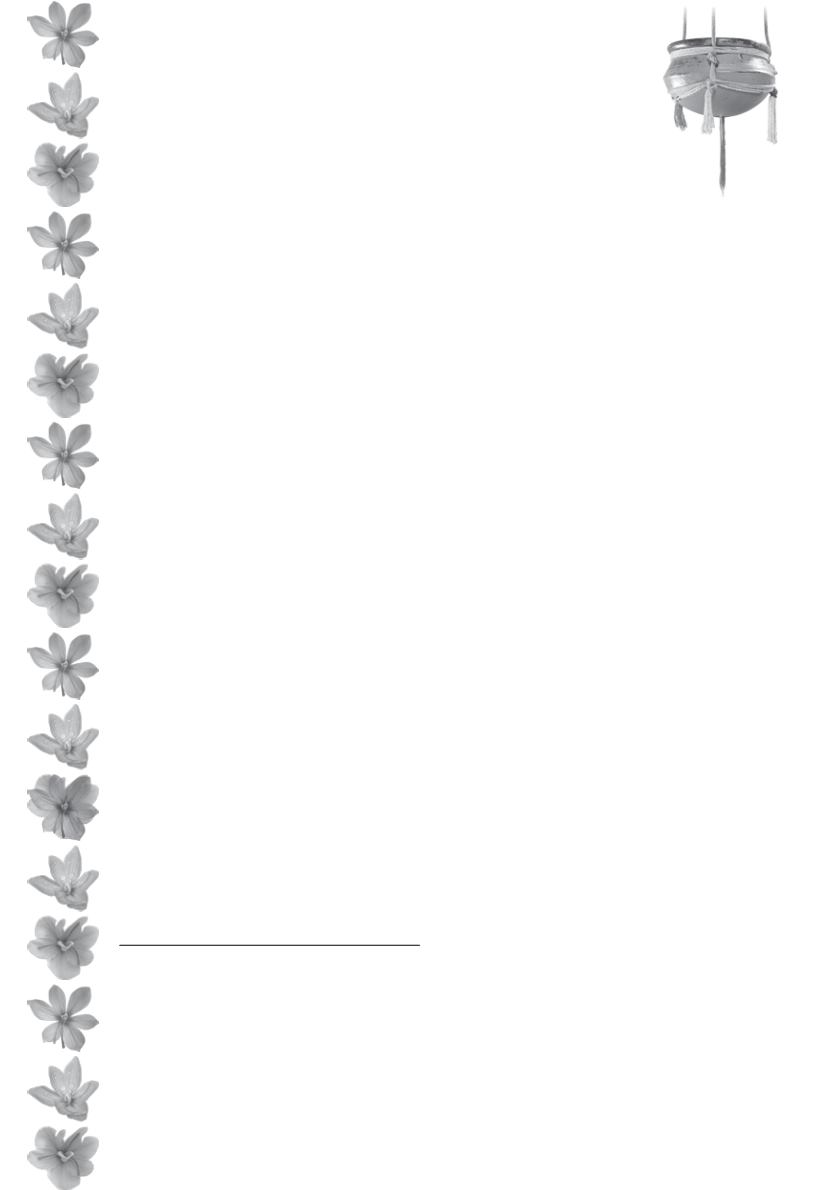
Ayurveda
: Ancient Heritage in the Age of Globalisation
163
consumption of non vegetarian food by monks. Such Q&A
are found highlighted in the texts, its commentaries and
public debates in those Buddhist countries (such as
Myanmar, Sri Lanka and Thailand) where eating meat of
animals and birds are the delicacies of daily meal. This
would have not been possible if there was any aloofness
towards the practice of Ayurveda and its related people.
One can not miss to note his contribution, acceptance and
presence which is significantly treated in post-Tipitaka
literature spread around many countries. Apart from Pali,
Buddhist texts in classical Sanskrit, Chinese and Tibetan
are full of Jivaka’s reference and eulogy. Jivaka’s biography
traveled with Buddhist scriptures wherever the religion
traveled. He appears in Tibetan medical scrolls, as well as
early Chinese Buddhist sutras. In the Chinese, where
Jivaka is known as Qipo or Qiyu, he is born with
acupuncture needles in his hands, and performs various
Chinese medical diagnostic procedures. (These sutras are
Taisho 553 and 554). Several formulas have been named
after Jivaka since the medieval formularies of Sun Simiao.
Jivaka is literally worshipped in Thailand as the “Father
33
Vin
.ii.119
34
There is a particular text known as Jivaka Sutta prepared in
Myanmar which is a compilation of the reference of Jivaka in
Suttanta-Pitaka
,
Majjhima-Nikaya
,
Majjhim -Pannsa
and
Gahapati-
Vagga
.


